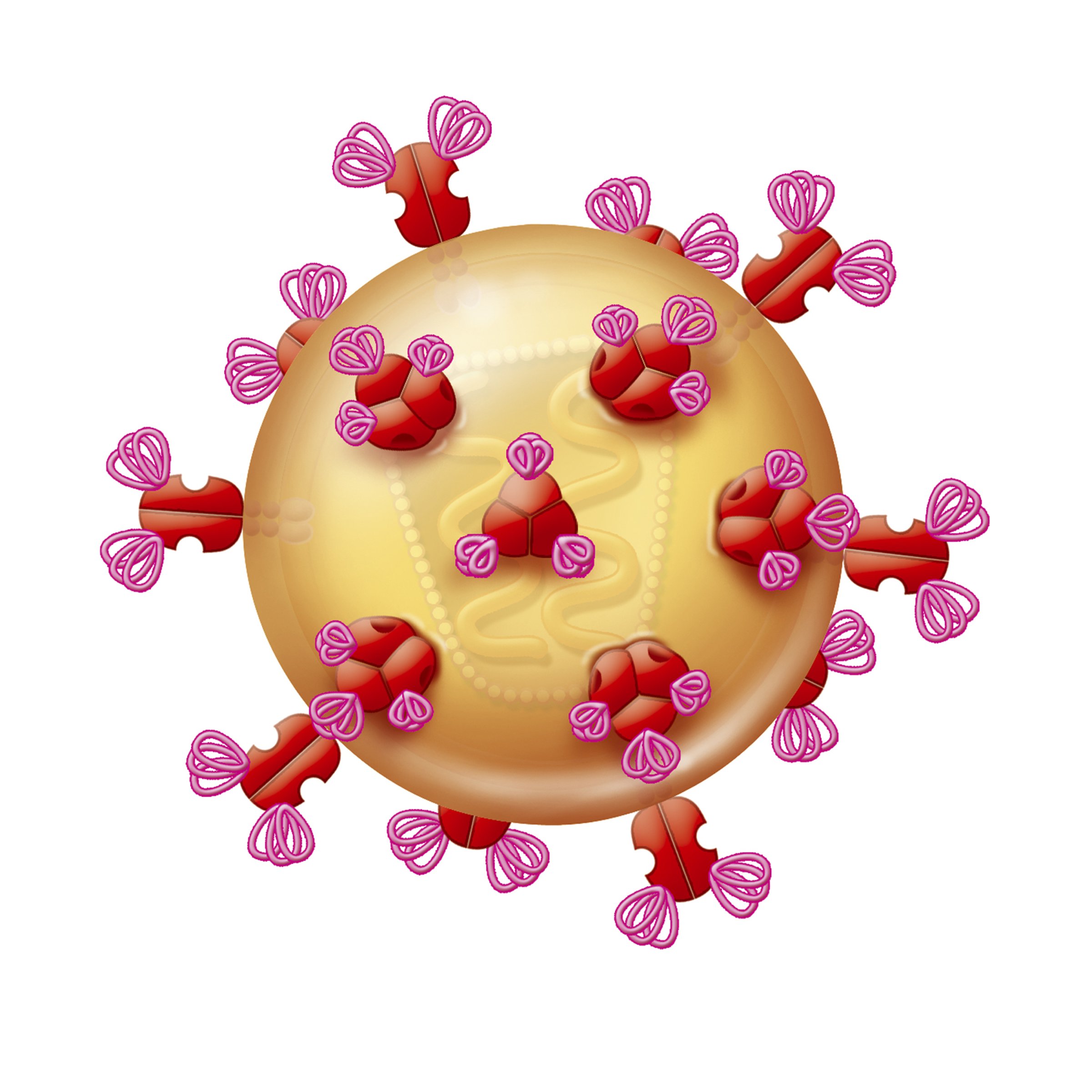
HIV may be naturally evolving into a milder and less fatal virus, according to recent study at Oxford University, which found that as HIV adapts to the human immune system it not only becomes less deadly but also less infectious.
The main indicator, the scientists conducting the research said, is that HIV is taking longer to transition to AIDS. Virologists say it may eventually become “almost harmless,” reports the BBC.
The Oxford researchers came to this conclusion by comparing HIV infections in Botswana with those in South Africa, where the virus arrived 10 years later.
They found that the time from the contracting of HIV to its emergence as full-blown AIDS was 10% longer in Botswana than in South Africa, indicating that a “watered-down” version has developed in the former.
Oxford University Professor Phillip Goulder said that the time for the emergence of AIDS symptoms in Botswana may have increased to about 12.5 years from 10 years a couple of decades ago.
“A sort of incremental change, but in the big picture that is a rapid change,” he said. “One might imagine as time extends this could stretch further and further and in the future people being asymptomatic for decades.”
More Must-Reads from TIME
- Cybersecurity Experts Are Sounding the Alarm on DOGE
- Meet the 2025 Women of the Year
- The Harsh Truth About Disability Inclusion
- Why Do More Young Adults Have Cancer?
- Colman Domingo Leads With Radical Love
- How to Get Better at Doing Things Alone
- Michelle Zauner Stares Down the Darkness
Write to Rishi Iyengar at rishi.iyengar@timeasia.com